
According to Electrek, despite the tariffs on imported Chinese electric vehicles in Europe, the BYD electric vehicle brand remains committed to its global expansion with no signs of being deterred.
This Chinese automaker recently deployed its second ship named ‘Changzhou’ to export thousands more new energy vehicles (NEVs) to Europe.
Back in January of last year, BYD introduced a ship called ‘Explorer No. 1’ to transport its cars to Europe. By April, BYD shared that they had exported so many electric vehicles that they needed additional ships. To expedite the process, BYD built its own vessel called ‘Hefei’, capable of carrying up to 7,000 cars.
Simultaneously, BYD swiftly assembled the second ship in China, named ‘Changzhou’, which has now joined the fleet and is en route to Europe with more exported NEVs.
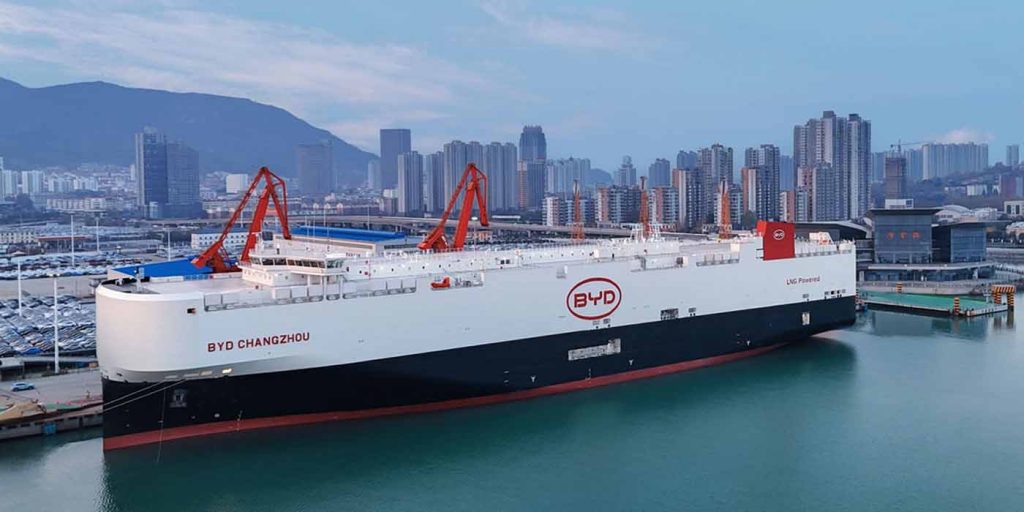
As shared by BYD’s General Manager of the Enterprise Division, Wang Junbao, the Changzhou ship set sail on November 29th to deliver vehicles to Europe. BYD commissioned the ship’s construction to CIMC Raffles, a subsidiary of the state-owned China International Marine Containers (CIMC), which also built two other ships in the fleet.
The “car-carrying roll-on/roll-off ship” measures 199.9 meters in length (almost the length of two football fields) and can accommodate 7,000 vehicles. The name “Changzhou” originates from the Chinese city of Changzhou, where BYD has been manufacturing cars since early 2022. This naming trend follows that of the previous ship, Hefei, another city where the company has a car production facility.
According to Junbao, the Changzhou ship transported nearly 5,000 BYD NEVs from the Lianyun and Taicang ports in Jiangsu Province before exporting them to Europe.
Changzhou is the second ship fully owned by BYD and the third in their growing fleet of export vessels. In January 2024, BYD shared plans to have seven roll-on/roll-off ships operating in addition to Explorer No. 1 within the next two years.
BYD dominates the global new energy vehicle market as sales of their hybrid models continue to surge.
According to newly released data, BYD sold 506,804 new energy vehicles (NEVs) in November 2024, marking the second time it surpassed the 500,000 monthly sales milestone and the sixth consecutive month of record-breaking sales growth.
With 506,804 vehicles sold, BYD’s November 2024 sales rose 67.87% year-over-year from 301,903 and increased 0.83% compared to October 2024.
In November 2024, BYD sold 30,977 vehicles in overseas markets, up 1.14% year-over-year but down 0.69% from October. Of these, 28,141 units were exported from China.
Based on CNBC’s calculations, if BYD maintains its average monthly sales pace abroad through December, the company will sell nearly 400,000 vehicles outside of China this year.
The All-New Jaguar: A Controversial Beauty Unveiled. A Unique Design with a Hidden Screen and an Impressive 770km Range.
The design language of the new era for Jaguar is truly unique and stands out in the current market. With a bold and distinctive style, Jaguar has crafted an aesthetic that is instantly recognizable and sets a new standard for automotive design. The sleek and modern lines of their vehicles are an evolution of their classic look, combining heritage with innovation to create a truly iconic brand identity.
The Slow Fade: How Chinese Cars are Stealing the Asian ‘Stronghold’
Once a dominant force across Asia, this country’s automotive industry is now facing stiff competition from affordable Chinese alternatives.



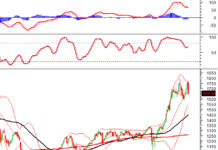
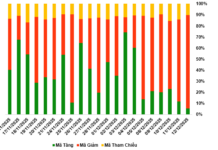

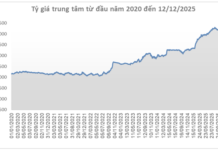
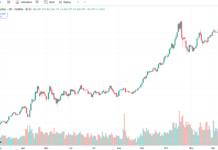


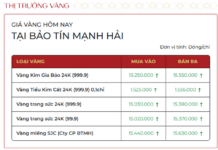
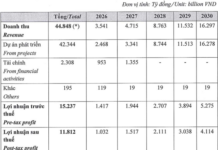
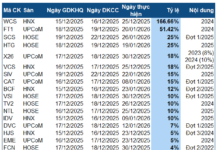


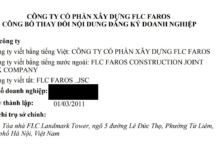

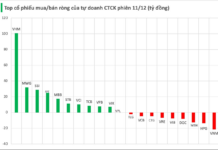
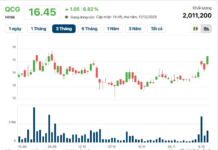







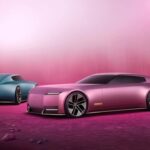



![[On Seat 47] ‘EC40 Wants to Win, Volvo Vietnam Needs to Educate Customers: Using Electric Cars Without Public Charging Stations is Normal’](https://xe.today/wp-content/uploads/2024/12/v-quote-te-150x150.jpg)











